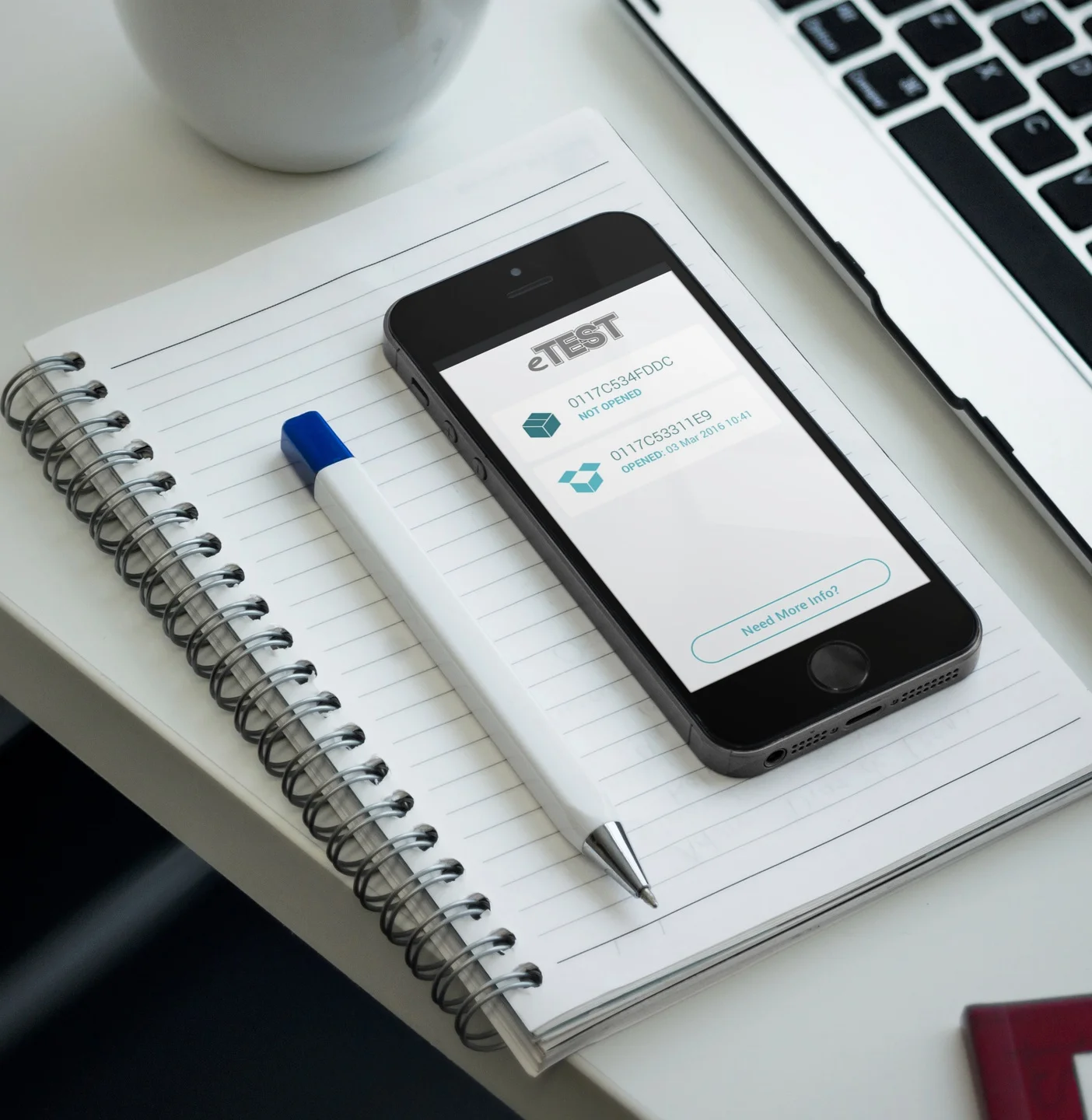In this publication, we report the results of our eTest pilot study. All participants who were mailed home-based HIV tests reported testing for HIV at least once over the course of the 7 month study, compared to 72% of those reminded it might be time to get tested at a clinic. Those who were called immediately following the completion of their home-based test were more likely to receive risk reduction counseling, prevention supplies (e.g., condoms and lube), and PrEP referrals during the study period. No effects were seen regarding PrEP uptake or STI testing. Stay tuned for results from our larger eTest study, beginning recruitment in 2018!
Usability testing shows that eTEST could help link home-based HIV test users with prevention and care services
We're very excited to share our first publication from the eTEST project! In this paper, we report results from some qualitative research we conducted to help inform the development of eTEST. We showed that using a smartphone together with an internet-of-things (IoT) device to provide counseling and linkage to care after testing for HIV at home is feasible and could be a welcomed resource that helps those at-risk get tested more often, while also giving them the support they need.


